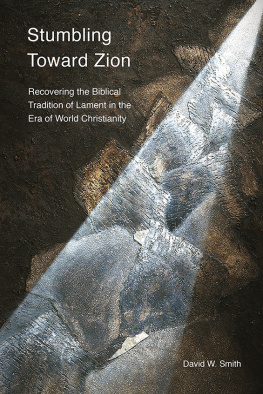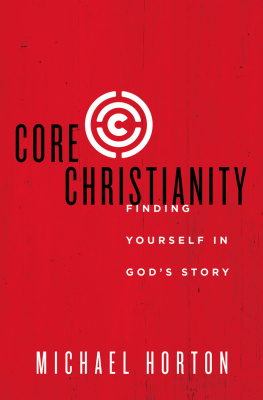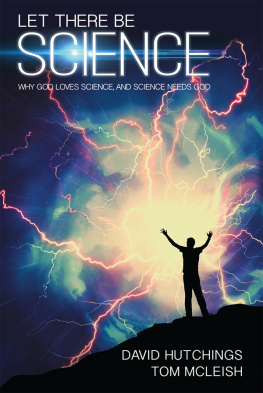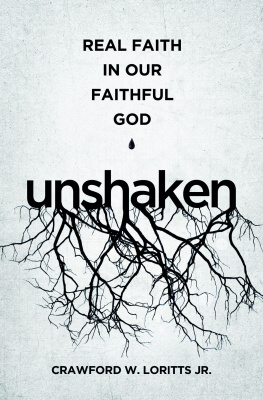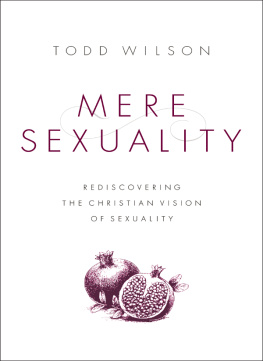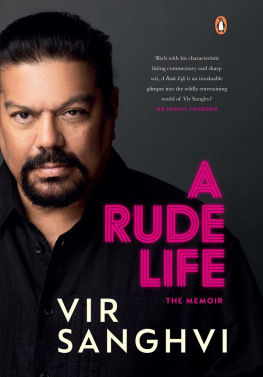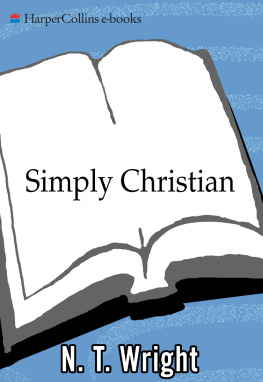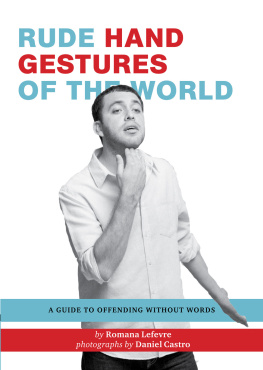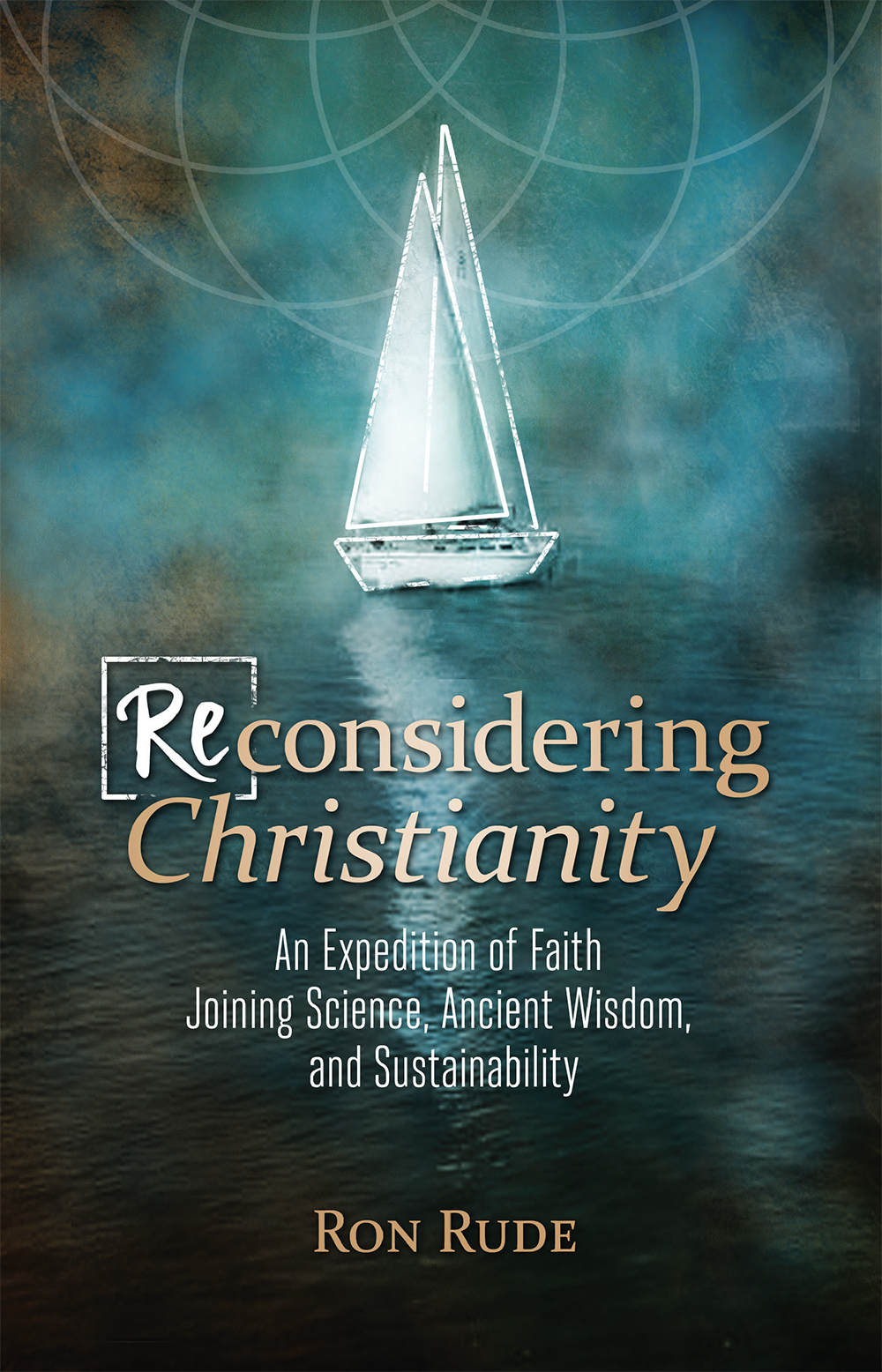
(RE)CONSIDERING CHRISTIANITY
An Expedition of Faith Joining Science, Ancient Wisdom, and Sustainability
by
Ron Rude

[RE]CONSIDERING CHRISTIANITY copyright 2012 by Ron Rude. All rights reserved. No part of this book may be reproduced in any form whatsoever, by photography or xerography or by any other means, by broadcast or transmission, by translation into any kind of language, nor by recording electronically or otherwise, without permission in writing from the author, except by a reviewer, who may quote brief passages in critical articles or reviews.
Print ISBN 13: 978-1-59298-547-0
E-Book ISBN: 978-1-59298-542-5
Library of Congress Catalog Number: 2012915092
Cover design by James Monroe Design, LLC.
Beavers Pond Press, Inc.
7108 Ohms Lane, Suite 101
Edina, MN 554392129
(952) 829-8818
www.BeaversPondPress.com
To order in print, visit www.BeaversPondBooks.com or www.abel-emerging.com or call (800) 901-3480. Reseller discounts available.
To my campus ministry students, for their inspiration and energy.
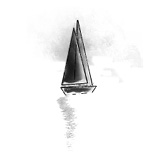
Contents
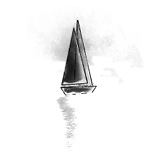
Introduction
As a child, I attended church with my family and remember numerous Sundays listening to the pastors sermon. Although I dont recall much of what he said, my clearest memories have to do with questions whose answers, to a little boy, were quite baffling; namely, why would anyone want a job like that? Who would choose such an occupation? How can he possibly come up with a sermon each week?
Well, here I am today, a pastor. Perspectives change as we age. Oddly enough, preaching and teaching are actually what I enjoy most about this life work. For more than thirty years, I have been engaged in this and other tasks as an ordained minister in the Evangelical Lutheran Church in America (ELCA), and I currently serve as Lutheran campus pastor at the University of Arizona in Tucson.
We should expect changes in perspective and worldview as time passes. Life is its own teacher. My current congregation consists of college students, and I do my best to plant the idea that the university years are a time to grow away from ones Sunday school faith toward a college-level faith, and hopefully from there into adulthood. Why? Because childhood beliefs dont generally work in college; and our perceptions as young adults probably wont meet our deepening needs as we mature.
Its difficult to identify precisely when and where my own specific changesmy own transformationsoccurred. I do know, however, that a number of significant convictions that I held deeply in earlier years no longer hold sway today. I believe differently now than I did then.
It can be scary when we discover that something of former significance is no longer sufficient. One solution is to retreat. People seem to be able to find numerous ways to recoil from lifes challenges. Another option is to discipline oneself to refrain from questioning certain sacred fundamentals. Indeed, some Christians vigorously warn fellow believers not to give space or standing to those disquieting (re)considerations that bubble up in the soul from time to time. After all, some say, it just might be the devil messing with you. However, for me, it is actually the adventure of faith that draws me to these questions. It is in faith that I plunge into the arena of rethinking, reconsidering, and reframing Christianitys version(s) of Gods story of life and Gods story of Jesus.
For me, leaving home and going to college was an adventure of its own, an adventure into the humanities. Initially majoring in musicI wanted to be a high school band directorI later switched my focus when the call to seminary began to tug. My new major was what my school called a distributive major, which was basically five minorshistory, philosophy, psychology, religion, and musicsewn together. My academic advisor at the time wisely surmised that a background in the human condition would provide helpful context for both biblical/theological study in seminary and parish ministry afterward. So I explored the humanities and continue to do so today. I particularly enjoy world history, politics, biography, the arts, and American history, especially approached through the autobiographies and biographies of the U.S. presidents.
However, about seventeen years ago, my interests took a new turn. I became intrigued by the so-called hard or natural sciences. While living in Buffalo, New York, from 1985 to 1996, the beguiling geology of the Niagara escarpment, the stunning Finger Lakes region, and the runneling legacy of Earths most recent glacial period captivated my imagination. Later, when in Denver, Colorado, from 1996 to 2001, I was surprised to learn that the Rocky Mountain system before me, with its peaks, valleys, rivers, and basins, is actually the fourth such mountain formation to have arisen and eroded since Earths early beginnings. Driven up by massive molten forces deep beneath the Earths crust, this latest manifestation of metamorphic and sedimentary rock began surging skyward approximately 70 million years prior to the invention of Twitter.
My curiosity has only broadened since moving to Tucson, Arizona, in 2001 and working in a university setting. I find exploring the beautiful Sonoran Desert ecosystem with its mountains and arroyos, cacti and animal wildlife endlessly fascinating. I take a hike every morning before breakfast and usually see coyotes, antelope jack rabbits, mule deer, various desert birds, numerous desert plants, javelina, and, if Im lucky, a reclusive bobcat. My interests also include geology, evolutionary biology, astronomy, and horticulture, the latter of which I am exploring through organic vegetable gardening, composting, and rain-water harvesting. Im definitely a layperson in all these fields, and I dont pretend to be otherwise. I have tremendous respect for people who engage in research and teach in the various natural sciences. But what little I have come to understand as an eager amateur has proved transformative to my previous worldviews and beliefs.
I have always found it wise to let fields like history, literature, psychology, philosophy, language, music, and other such humanities influence my understanding and practice of the Christian faith. But now astronomy, geology, evolutionary biology, and ecology beckon as well. And I realize my former belief systems no longer satisfy. After fishing on one side of the boat for most of my life and catching relatively little of significance, I find that the natural sciences (as well as other life experiences) are coaxing my nets into deeper waters on the other side of the vessel. As a result, my theological nets are so full of fish that they are on the verge of tearing! And this is exciting.
My first book, Abel Emerging: A Reconsideration of the Christian Story for a Sustainable World (Beavers Pond Press, 2010, Since its publication, I have spoken to community and church groups, interacted with readers, continued my research, and harvested wisdom from many sources. (Re)considering Christianity further explores and maps the intriguing implications of what for me is a reconsidered, reframed, and recast telling of the greatest story ever told.


